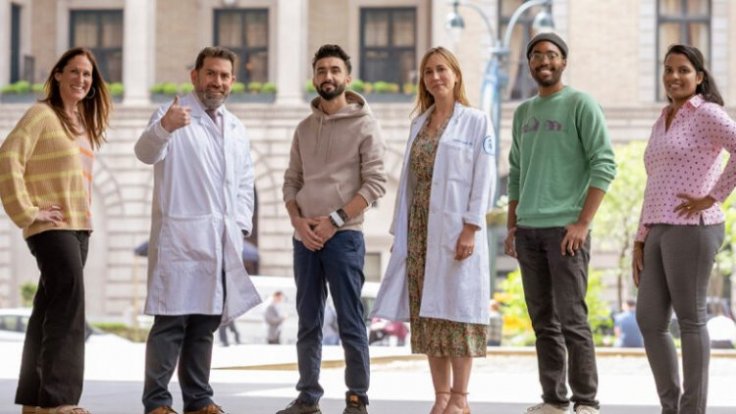A recent drug trial on rectal cancer patients showed 100% remission of the disease. Researchers who conducted the study were astonished by the results as physical exams, MRI exams and even PET scans could not detect the cancer cells.
As many as 18 patients suffering from colon cancer were administered the drug dostarlimab, for every three weeks for six months. The conclusion of the trial was a shock to the patients and the doctors alike because there was no trace of a tumor.
"I believe this is the first time this has happened in the history of cancer," Luis Diaz Jr., MD, the senior study author and an oncologist at Memorial Sloan Kettering Cancer Center , told The New York Times.

According to the researchers, dostarlimab assists the immune system by revealing the cancer cells which are later targeted and destroyed completely. The treatment however, has a few shortcomings in the form of muscle weakness and problems in swallowing.
Sponsored by the drug company GlaxoSmithKline, the findings were presented at the annual meeting of the American Society of Clinical Oncology, on Sunday. The study authors announced that no further treatment will be needed by any of the patients. The follow-up sessions from six - 25 months after the trial also did not report a recurrence of cancer.
"There were a lot of happy tears," Andrea Cercek, MD, the lead study author and an oncologist at Memorial Sloan Kettering Cancer Center told NYT.

Dr. Alan P. Venook, a colorectal cancer specialist at the University of California, San Francisco, who was not involved with the study, said this 100% remission in every patient is "unheard-of."
According to NY Post, Hanna Sanoff, MD, an oncologist at the University of North Carolina's Lineberger Comprehensive Cancer Center, who wasn't involved with the study, wrote an editorial with it and called it "compelling" but, added that it does not clarify if the patients are completely cured or not.
"Very little is known about the duration of time needed to find out whether a clinical complete response to dostarlimab equates to cure," she wrote.

Dr. Kimmie Ng, a colorectal cancer expert at Harvard Medical School, also believes that even though the results were "remarkable" and "unprecedented," they would need to be repeated.
As the focus of the study were only a handful of participants with mismatch repair deficiency, a rare genetic signature in the tumors, the researchers are now planning to conduct a larger study very soon.
The study findings were published in the New England Journal of Medicine on Sunday under the title, PD-1 Blockade in Mismatch Repair–Deficient, Locally Advanced Rectal Cancer.









